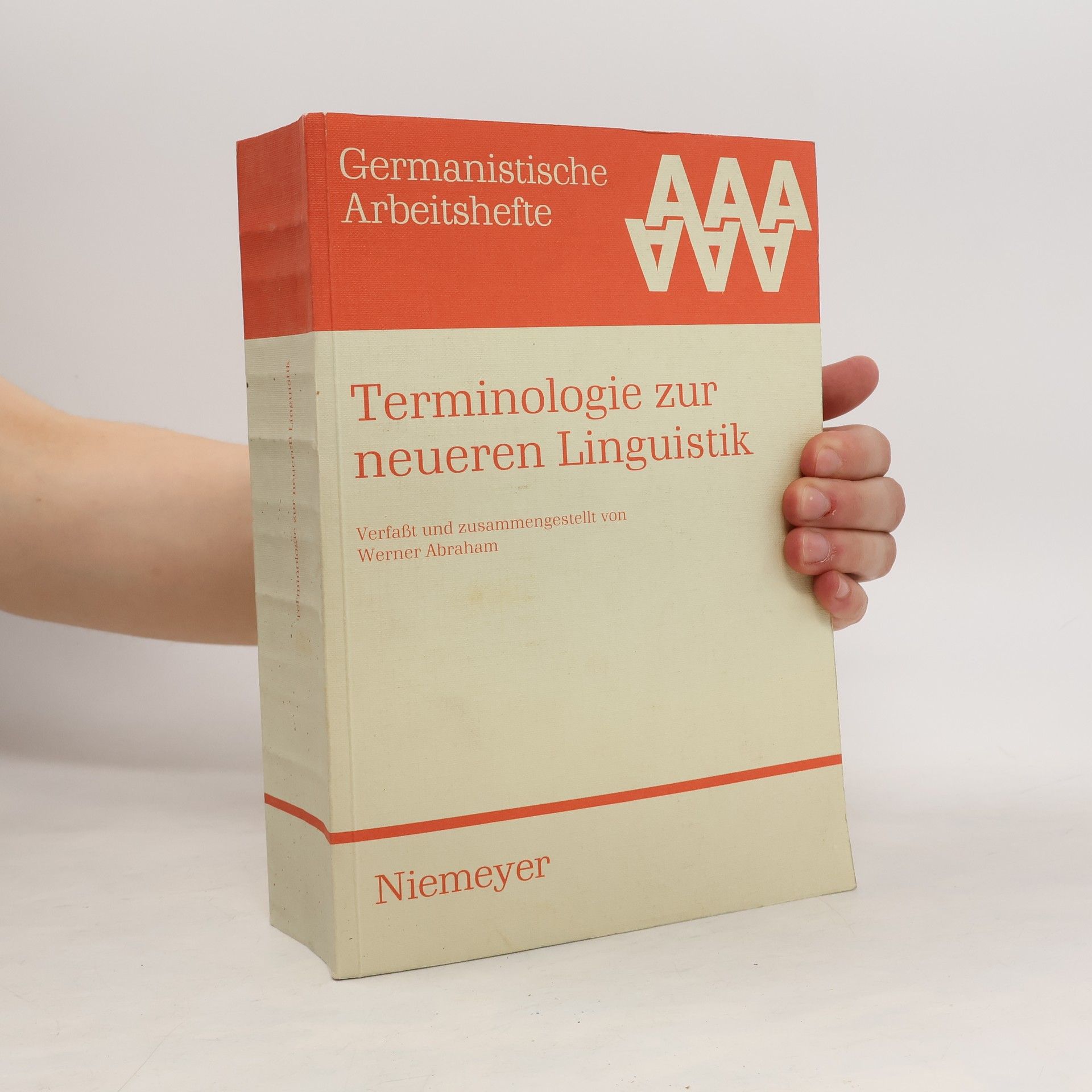Modality in Syntax, Semantics and Pragmatics
- 454 pages
- 16 hours of reading
A state-of-the-art survey exploring the linguistic questions of modality and mood. It will appeal to researchers and advanced students working in the fields of syntax, semantics and pragmatics, and the interfaces between them.

